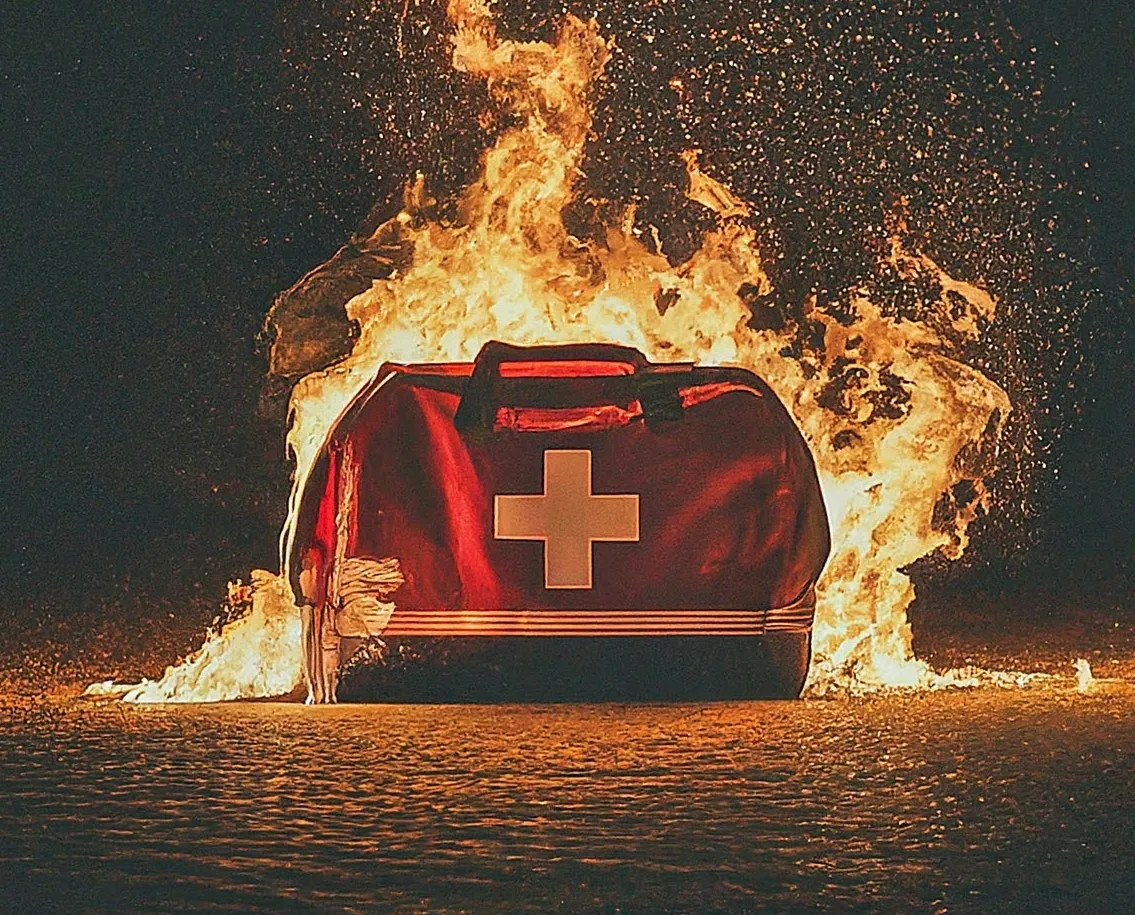
Real Talk about Burnout
“Not knowing why is, itself, a profound type of suffering.”
― Emily Nagoski
Let's talk about "burnout" - it isn't just a buzz word or what you say when you didn't sleep. Its a real set of experiences that drag you down into an existence you don't want. But when you can recognize the stages of burnout, you can change your trajectory!

Early Stages: Overcompensation
The first stage of burnout often starts with a blow to your sense of self and unless noticed and, managed as such, can be the beginning of burnout. This may be a stressful single event or it could be cumulative stress that has us believing we are losing your ability to perform.
The Compulsion to Prove Oneself: demonstrating worth obsessively; tends to hit the best employees, those with enthusiasm who accept responsibility readily. Working Harder: an inability to switch off. Neglecting Needs: erratic sleeping, eating disrupted, lack of social interaction.
One quick thing you can do:
Consider your worth without your work. Can you find peace in the phrase "be a human being not a human doing"? Write down all the ways you are more than what you do! Focus on your worth as a person.
Middle Stages: Denial
In this stage, your brain is trying to deflect and dismiss in order to avoid feeling the hurt, isolation and inadequacy. Inadequacy can feel very unsafe and vulnerable and for most people, the unmanaged brain will do anything to avoid feeling inadequate and vulnerable.
Displacement of Conflicts: problems are dismissed; you may feel threatened, panicky, and jittery. You may also be quick to become angry. Revision of Values: Values are skewed, friends and family dismissed, hobbies seen as irrelevant. Work is the only focus. Denial of Emerging Problems: intolerance; perceiving collaborators as stupid, lazy, demanding, or undisciplined; cynicism, aggression; problems are viewed as caused by time pressure and work, not because of life choices.
One quick thing you can do:
Write down the values you want to hold most dear and true and consider if your current actions are matching your desired life values. When you are in burnout, you are often getting your sense of identity from your work and not consciously deciding what is most important to you.
Also helpful at this stage is to acknowledge that you are more than your thoughts. Your thoughts and feelings are not you - they are something you experience. You are more powerful than you realize. It takes practice and often guidance from a therapist or skilled life coach, but you can create a different experience for yourself.
Late Stages: Withdrawal
In this stage, your brain is tired of hurting and is trying to find relief from the stress through distraction and pulling away. From an evolutionary stand point, this stage makes sense. If you are in a situation in which you feel powerless and hopeless, the brain will eventually withdraw in an attempt at self-preservation. The danger comes if you believe your brain is correct, rather than just being reactionary. It is vital at this stage to question your thoughts and determine the safest, most realistic course of action.
Withdrawal: social life small or nonexistent, need to feel relief from stress, alcohol/drugs or social media/gaming. Odd Behavioral Changes: changes in behavior become obvious; friends and family may be expressing concern. Stage 3c - Depersonalization: seeing neither self nor others as valuable, and no longer able to have full awareness of your own needs.
One quick thing you can do:
People who love and care about you may challenge you and this is your opportunity to seek help. If no one is challenging you but you notice you "used to be happier," "I'm angry all the time," or "used to be able to let things roll off your back", etc., don't wait for someone else to say something, just reach out for help.
Healing at this stage will likely require a therapist or a life coach who is specializes in burnout recovery. Journaling “thought downloads” of all your random thoughts and feelings onto paper may help you reconnect with your inner world.
Final Stages: Shut down
In this stage, your brain is done trying and the body starts to give up as well. The discordance between the brain’s ability to keep you safe and your body’s ability to push despite being exhausted comes to a frustrating conclusion. You will not longer be able to “white knuckle” your way through a shift or social engagement.
Don't despair! You can fully and totally recover from these stages. In fact, in some ways, it is easier to get support and help healing in this stage because it is more widely recognized as “burnout.”
If you are in a dark place mentally, considering harming yourself or others, please call 988 (in the USA). If you can't get in to see your primary care provider, then go to urgent care. You deserve support!!
Inner Emptiness: feeling empty inside and to overcome this, look for activity such as overeating, sex, alcohol, or drugs; activities are often exaggerated. Depression: feeling lost and unsure, exhausted, future feels bleak and dark. Physical Burnout Syndrome: insomnia, adrenal fatigue, autoimmune diseases, panic attacks, clinical depression, etc - total mental and physical collapse; it is time for full medical attention!
One quick thing you can do:
Find a counselor or therapist. In this stage, you will likely need a health care provider who specializes in burnout recovery in addition to your therapist or skilled life coach. Please do not delay getting the professional help you deserve!
